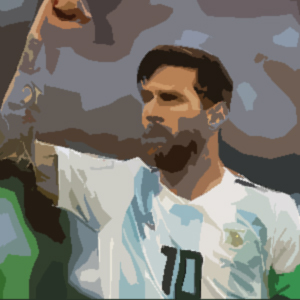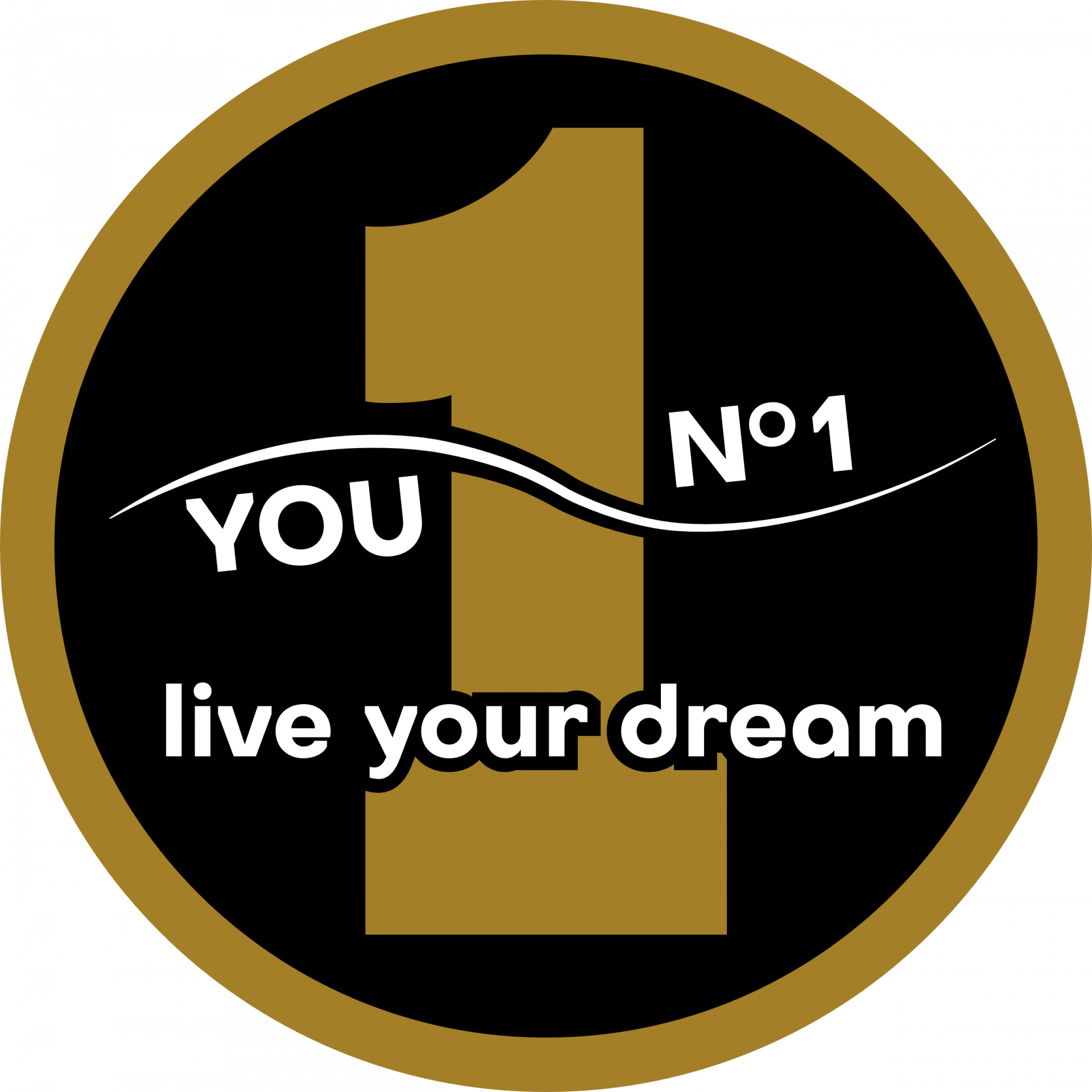Messi

November 16, 2003 – Opening match of the Estádio do Dragão in Porto. Lionel Messi’s debut in the first team. Everyone at the club already knew he would be successful. But what came before? How did he make it?
September 5, 2019
A computer science teacher described him as a child with no willingness to learn. The French teacher said he never participated in class. The cook at La Masia noticed he was always the last to arrive for dinner. Verón recalls how he refused to get out of bed during the World Cup… Who would have thought this shy, lazy boy would one day achieve greatness?
As a child, Leo suffered from a form of dwarfism—a growth hormone deficiency. Much shorter than his peers, he was very withdrawn. At school, he was too shy to speak or buy food—his girlfriend did it for him. Due to communication issues and low self-esteem, a teacher referred him to a psychologist. His friends called him not “La Pulga” (The Flea) but “Enano” (Dwarf). The cost of treatment stood between Leo and his dream of becoming a professional footballer. He needed daily injections of growth hormone costing around $1,000 a month—more than half his father’s salary. A football academy in Spain stepped in. Messi was such a talented player that La Masia agreed to pay half the costs of his treatment. At age 13, he boarded a plane to Europe.
Separation from his family was tough—an agent recalled how he couldn’t stop crying. Sensitive off the pitch, he was fierce on it. He was often injured. His body isn’t typical for a footballer: broad hips, short arms, short stature, long torso—he requires custom gear. He could be absent-minded: once locking himself in a toilet before a playoff, or breaking his ankle on stairs shortly after arriving in Barcelona. A 2003 FC Barcelona report described Messi as the most talented—and the biggest sleeper—of his generation. One ritual has stayed with him since childhood: after each training session, he takes a nap of around three hours.
His genius can also put him at risk. In his hometown of Rosario, he remains a potential target for fanatics. In 2011, a Rosario Central fan punched him as he left a restaurant. Before a Clasico against Real Madrid, someone opened fire on his older brother’s house. Media speculated this was meant to rattle Leo before the game. Matías Messi avoids cameras, saying it would be too dangerous to appear on TV or in photos.
April 18, 2007 – King’s Cup semifinal. Messi scores a goal that breaks YouTube records and is compared to one by his childhood idol, Maradona.
December 21, 2009, Zurich. FIFA names Messi the best footballer of the year—with the highest score in history. Over the next two years, he wins two more Ballon d’Or awards.
March 20, 2012 – League match vs. Granada. Messi scores a hat-trick and becomes FC Barcelona’s all-time top scorer.
Through football alone, Messi earns over 100 million euros per year. He is a role model and inspiration to many. His story—from a fragile boy with health and self-esteem challenges from a poor family—gives people hope. Today, Messi is not only massively successful but also a loving father of three sons. Was the long battle worth it? I think we all know the answer.
This article is based on the book “Messi” by Leonardo Faccio.
SEO Keywords: Lionel Messi, motivation, football legend, inspiring stories, growth hormone deficiency, Ballon d’Or, football history, success story, mental strength, childhood and football, La Masia, Rosario, FC Barcelona, hat-trick, health and sports, self-overcoming, role model




